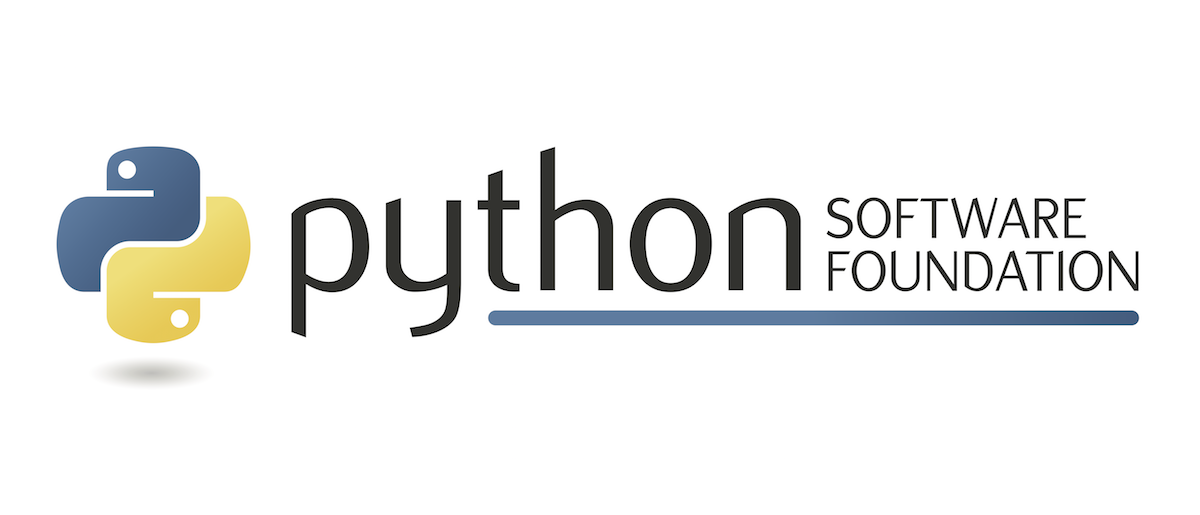The Python Software Foundation is the entity that manages and oversees the development of the Python programming language. It holds the intellectual right of the Python brand and offers educational, financial, and other resources to the Python community. The Foundation was founded in 2001, with an official announcement at the ninth Python conference in the U.S.
The Apache Software Foundation was the role model for this entity, to be able to guide and maintain an open-source language and to support the community behind it, including its user groups. Having an entire organization dedicated to further Python’s adoption and development, including promoting the language in various institutions.
It was founded to act as a catalyst, just like the Apache Software Foundation was. And so far, it hasn’t disappointed, considering the wide spread of Python, large community, and desirability.
Most developers don’t really think about who or what manages, for the lack of a better word, the language that they use. But it’s an important element for its future and the direction that the language will take.
Mission
The Python Software Foundation’s mission is “to promote, protect, and advance the Python programming language, and to support and facilitate the growth of the international community of Python programmers.”
As a non-profit entity, it manages Python differently than, let’s say Oracle, a for-profit company with Java. It’s non-profit status implies a different financial direction regarding its activities.
Membership
Since 2014 the Python Software Foundation is an open organization, this means that anyone who uses or supports the language can join them. As a Python company, we’re also members.
There are several categories of membership:
- Basic members – this is the only category that cannot vote in elections that occur for board members.
- Supporting members – give an annual donation to the PSF (of $99 USD), in order to support their efforts.
- Managing members – dedicate at least 5 hours a month to support the organization. They organize, manage or help user groups.
- Contributing members – they also dedicate at least 5 hours a month, but they work on projects that advance the mission of the foundation. Their work is basically related to open source software.
- Fellows – have extraordinary contribution to the language, the community, and the ecosystem. They’re nominated by the worldwide community and voted upon by the other members.
You can learn more about each category here and also become a member. You can also become a volunteer or make donations.
Besides the actual language, there is also the matter of the community behind it. I think this is actually the most important part, the people that use the language are the ones that can contribute and discuss on point about the direction it should have.
Through grants, the Python Foundation also supports Python development projects from all over the world, conferences, meetups, and other community efforts. It also holds the intellectual property right associated with Python, so if you want to use the name, logo, or the terms “PyCon” or “PyLadies” you know who to talk to.
Board
The current president of the foundation is Guido van Rossum, who is also the author of the language and the recipient of the witty title of Benevolent Dictator for Life.
They have a board of directors (11 seats) that is elected by its members. Some of it is pro-bono, but there are also people who do this for a living, so they get paid a salary. Location-wise, the foundation currently has officers and board members in the United States and Germany. The board meets once a month, via IRC, while the PSF (the supporting members that make an annual donation) meet at the North American Pycon Conference.
If you’re a Python programmer you can join the Foundation as a member and even run to become a part of the board. You can learn more here about the election process.
by Samuel Andras




